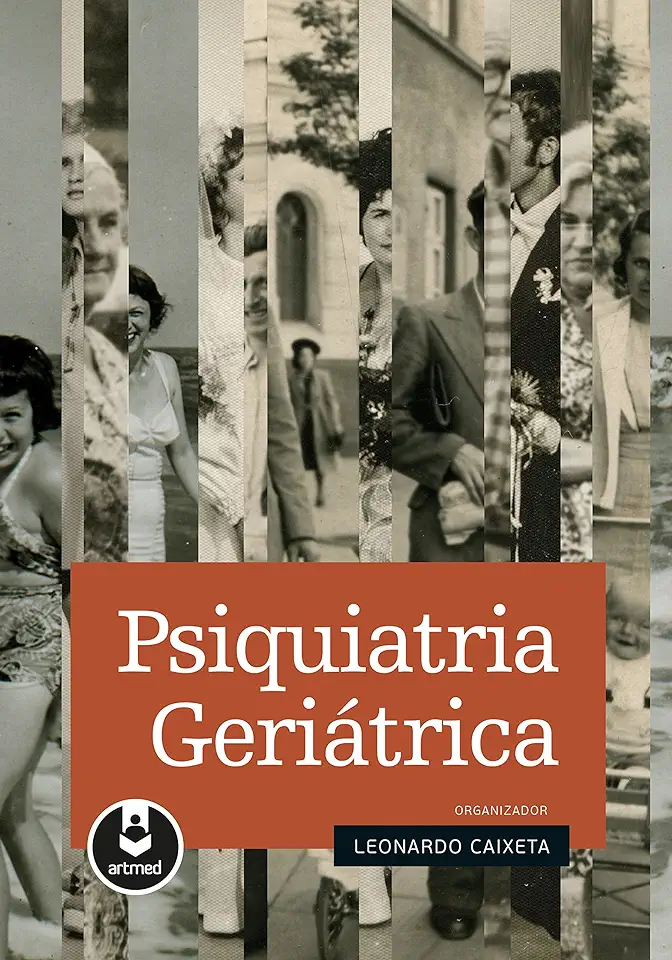
Geriatric Psychiatry - Leonardo Caixeta
Geriatric Psychiatry: A Comprehensive Guide
Introduction
Geriatric psychiatry is a specialized branch of medicine that focuses on the mental health of older adults. As the population ages, the need for geriatric psychiatrists is growing rapidly. This book provides a comprehensive overview of geriatric psychiatry, covering everything from the basics of aging to the diagnosis and treatment of mental illness in older adults.
Aging and Mental Health
The aging process can have a significant impact on mental health. Some of the most common mental health problems that affect older adults include:
- Depression: Depression is the most common mental illness in older adults. It can cause a variety of symptoms, including sadness, loss of interest in activities, changes in appetite or sleep, and fatigue.
- Anxiety: Anxiety is another common mental illness in older adults. It can cause a variety of symptoms, including feeling restless or on edge, muscle tension, difficulty sleeping, and irritability.
- Dementia: Dementia is a progressive decline in cognitive function that can affect memory, thinking, and reasoning. Alzheimer's disease is the most common type of dementia.
- Delirium: Delirium is a sudden change in mental function that can be caused by a variety of factors, including infection, medication side effects, or surgery.
Diagnosis and Treatment of Mental Illness in Older Adults
The diagnosis and treatment of mental illness in older adults can be challenging. This is due to a number of factors, including:
- The complexity of aging: The aging process can affect the brain and body in many ways, which can make it difficult to diagnose mental illness.
- The presence of multiple medical conditions: Older adults often have multiple medical conditions, which can complicate the diagnosis and treatment of mental illness.
- The stigma of mental illness: Mental illness is still stigmatized in many cultures, which can make it difficult for older adults to seek help.
Despite these challenges, there are a number of effective treatments available for mental illness in older adults. These treatments include:
- Medication: Medication can be an effective way to treat mental illness in older adults. However, it is important to use medication carefully, as older adults are more likely to experience side effects.
- Psychotherapy: Psychotherapy can be an effective way to help older adults cope with mental illness. Psychotherapy can help older adults to understand their illness, develop coping mechanisms, and improve their quality of life.
- Social support: Social support can be an important part of treatment for mental illness in older adults. Social support can help older adults to feel connected to others, reduce stress, and improve their overall well-being.
Conclusion
Geriatric psychiatry is a complex and challenging field, but it is also a rewarding one. By understanding the unique mental health needs of older adults, we can help them to live longer, healthier, and more fulfilling lives.
Why You Should Buy This Book
This book is a comprehensive and up-to-date resource on geriatric psychiatry. It is essential reading for anyone who works with older adults, including psychiatrists, psychologists, social workers, nurses, and caregivers. This book will help you to:
- Understand the basics of aging and mental health
- Diagnose and treat mental illness in older adults
- Provide support to older adults with mental illness
- Improve the quality of life for older adults with mental illness
If you are interested in learning more about geriatric psychiatry, I highly recommend this book. It is a valuable resource that will benefit you in your work with older adults.